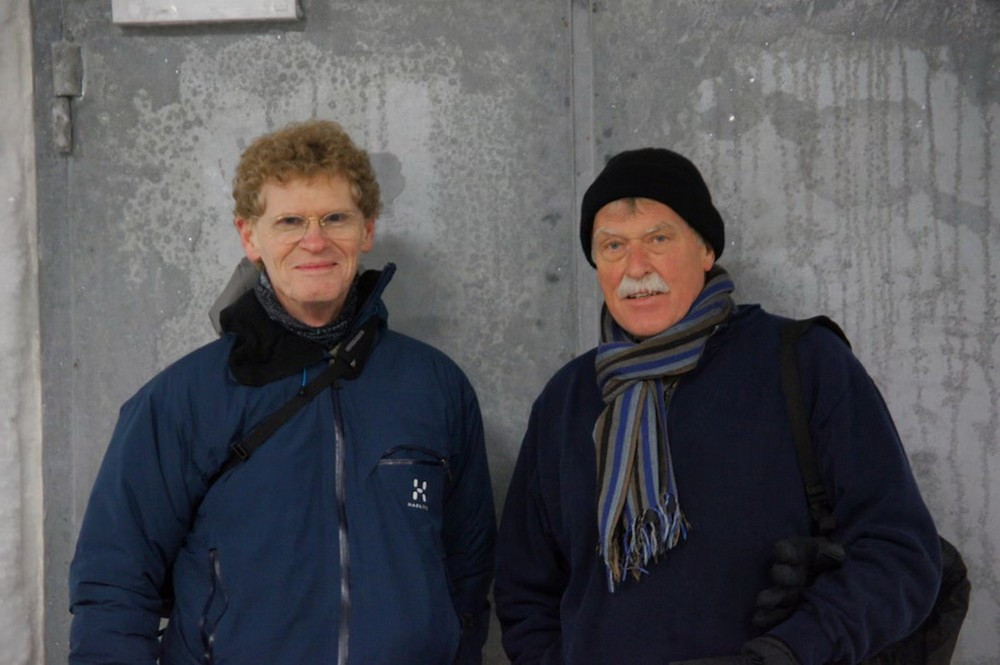Scientists Geoffrey Hawtin and Cary Fowler are pioneers in creating a global seed bank of 1.25 million samples, designed to protect the world's agricultural diversity.

Scientists Geoffrey Hawtin and Cary Fowler have been awarded the 2024 World Food Prize for their efforts to preserve the world's seed heritage.
The award honors individuals who have made significant contributions to increasing the quality, quantity or availability of food around the world.
Hawtin and Fowler are pioneers in the creation of the Svalbard Global Seed Bank, a seed reserve built underground at minus 18 degrees Celsius on the Norwegian archipelago of Svalbard in the Arctic.
The facility currently holds 1.25 million seed samples in cryogenic storage. Hawtin and Fowler's main goal is to preserve as many agricultural seeds as possible.
They believe that genetic diversity of crops is key to ensuring global food security in the face of climate change and other threats.
Mr. Hawtin, 75 years old, a Canadian-British agronomist, said that in addition to domesticated crops such as wheat and barley, the reserve now also receives many wild varieties that are more or less related to modern crops.
Meanwhile, Mr. Fowler, 74 years old, an American seed expert and the US Special Envoy for Global Food Security, emphasized the importance of preserving these wild plant varieties.
These species carry genes with climate-responsive properties that could help plants adapt to new environmental conditions, he said.
Mr Hawtin believes that technology has an important role to play in preserving seeds. However, they also warn of the limitations of modern technology.
According to Mr Hawtin, there are tens of thousands, possibly even more, of genes that influence a plant's ability to adapt to climate change, and therefore a full understanding of these genes is needed before gene editing of species can be effective.
Hawtin and Fowler’s careers began in the 1970s. Initially, they focused on increasing the production of wheat, corn and rice to address hunger in many parts of the world. However, they later recognized the importance of developing more sustainable agricultural systems and diversifying crop varieties.
Mr Hawtin started his career in the Middle East, where he collected vegetable seeds from local farmers.
Meanwhile, Mr. Fowler, as Special Envoy for Global Food Security, is promoting the use of traditional crops in Africa, which have high nutritional potential and are well adapted to the environment.
TH (according to Vietnam+)